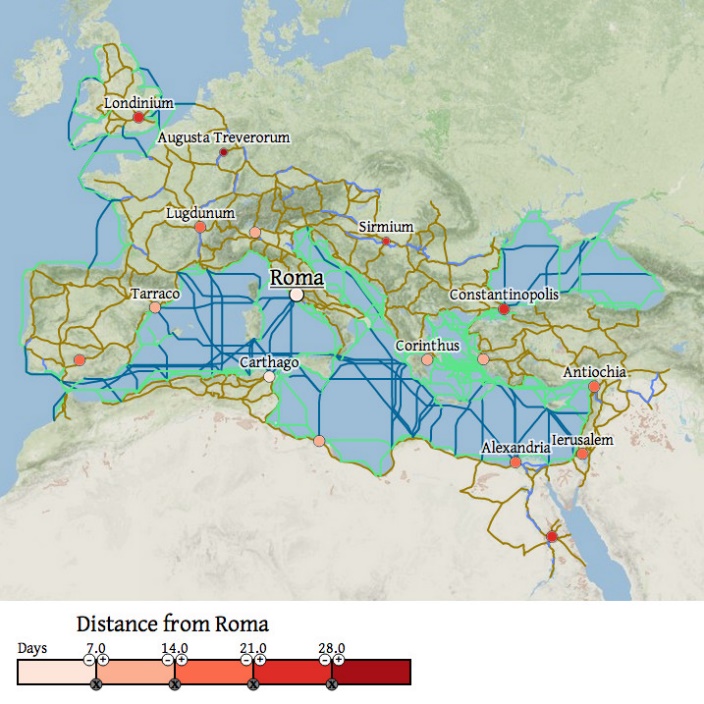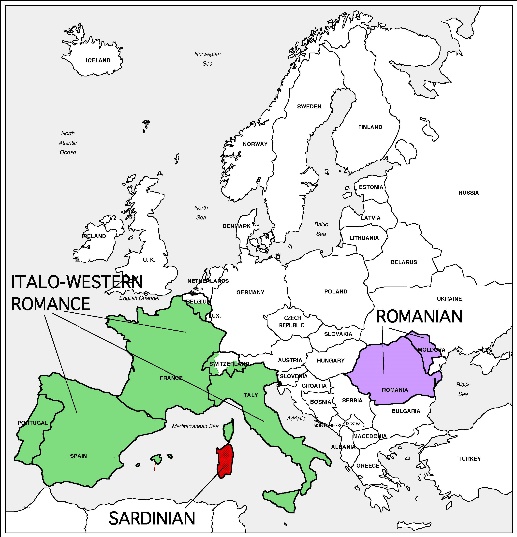Introduction
The Roman Empire declined many centuries ago, leaving its inventions and ideas for future generations. Even though the world has experienced numerous historic events since then, reshaping humans’ lives, the Romans’ legacies still can be noticed in almost every area, ranging from politics to culture. The accomplishments of ancient Roman civilization are exceptionally remarkable deserving much attention and praise. The fact that people living two millennia ago could be extremely successful in politics, engineering, and culture and introduce groundbreaking inventions and ideas surprises many individuals nowadays. Therefore, it is crucial to pay more attention to the Romans’ achievements to better understand the modern world.
Political System
The political system designed by the Romans is worth special attention. Rome is an excellent example of a successful ancient government, considering ancient times, limited representative elements, and contemporary forms of government (Wasson, 2015). The idea of the three branches of power (executive, legislative, and judicial) was born in the Roman Republic, where two consuls, the Roman Senate, and judges determined the present and the future of their nation. This system ensured the division of power and stability. What is more, it is evident that many political leaders, including the founding fathers of the United States, were inspired by this concept while building modern states.
Furthermore, the idea of democracy, which did not come initially from Rome, developed there. According to Wasson (2015), it was born in Athens but made real in the Roman Republic and survived, despite emperors’ constant pressure. For example, the Twelve Tables made every citizen subject to the law regardless of their socioeconomic background. People also had their civil rights and could vote. Undoubtedly, the political system of the Roman Republic and the Roman Empire was far from perfect and had numerous faults, though it was a model for future leaders.
Engineering
The Romans were good at engineering, as they introduced inventions two millennia ago that are still used nowadays. Their state was extremely large; thus, they built the road system connecting many cities to trade, conquer new lands, and transmit ideas. It united modern Egypt, England, Bulgaria, and France and primarily affected the development of the Mediterranean region (ORBIS, 2015). There is an expression “All roads lead to Rome,” which is based on facts.

Moreover, the Romans introduced technologies that are incorporated worldwide nowadays, ranging from heating and sanitation systems to complex and unprecedented constructions. Mark (2020b) notes, “The Romans provided roads, aqueducts to supply water, and building techniques utilizing their unique cement mixture which was stronger than the building materials used previously” (para. 7). Their constructions have always been examples for architects not only from an aesthetic point of view but also from the technical one due to their durability. Besides, the Romans framed the concept of apartments where people paid property owners for rooms and running water.
Culture
It is impossible to discuss the accomplishments of ancient Roman civilization without mentioning its culture. Undoubtedly, it has made a significant impact on every nation of the Western world, as well as the Eastern one. The Romans succeeded in developing their culture and maintaining their large empire because they appreciated diversity. They adopted the best traditions of every land they conquered and improved them. At the same time, the Romans introduced their language, religion, and practices.
Their culture involves numerous aspects, though some of them made the most profound impact. First, the Latin language formed modern European languages such as French and Portuguese, and English borrowed many words from it (Dryer, 2017). Moreover, Latin also connected European states and boosted the progress of science and art. Second, the Romans were the first to recognize and promote Christianity, which attracted millions of followers and largely influenced history (Mark, 2020a). Finally, billions of individuals eat fast food, visit public swimming pools, and cater to their pets without considering that the Romans formulated these activities.

Conclusion
In conclusion, the achievements of ancient Roman civilization are considerable and impressive. The Romans succeeded in numerous fields and introduced groundbreaking inventions and ideas prevailing in the modern world. They created the political system that has been a model for many leaders determining how government should function. At the same time, the idea of democracy was implemented and flourished there, guaranteeing justice and equality. The Romans were also famous for their successful engineering accomplishments, and their constructions have always been admirable. What is more, the Roman culture has largely contributed to most nations’ history and influenced people’s daily lives. Therefore, the Romans’ accomplishments deserving consideration and praise can help individuals understand the modern world better.
References
Dryer, M. (2017). Romance languages: 3 branches [Map]. Web.
Mark, J. J. (2020a). Legacy of the ancient Romans. Web.
Mark, J. J. (2020b). Ten Ancient Rome facts you need to know. Web.
ORBIS. (2015). The Stanford geospatial network model of the Roman world [Map]. Web.
Wasson, D. L. (2015). Roman government. Web.